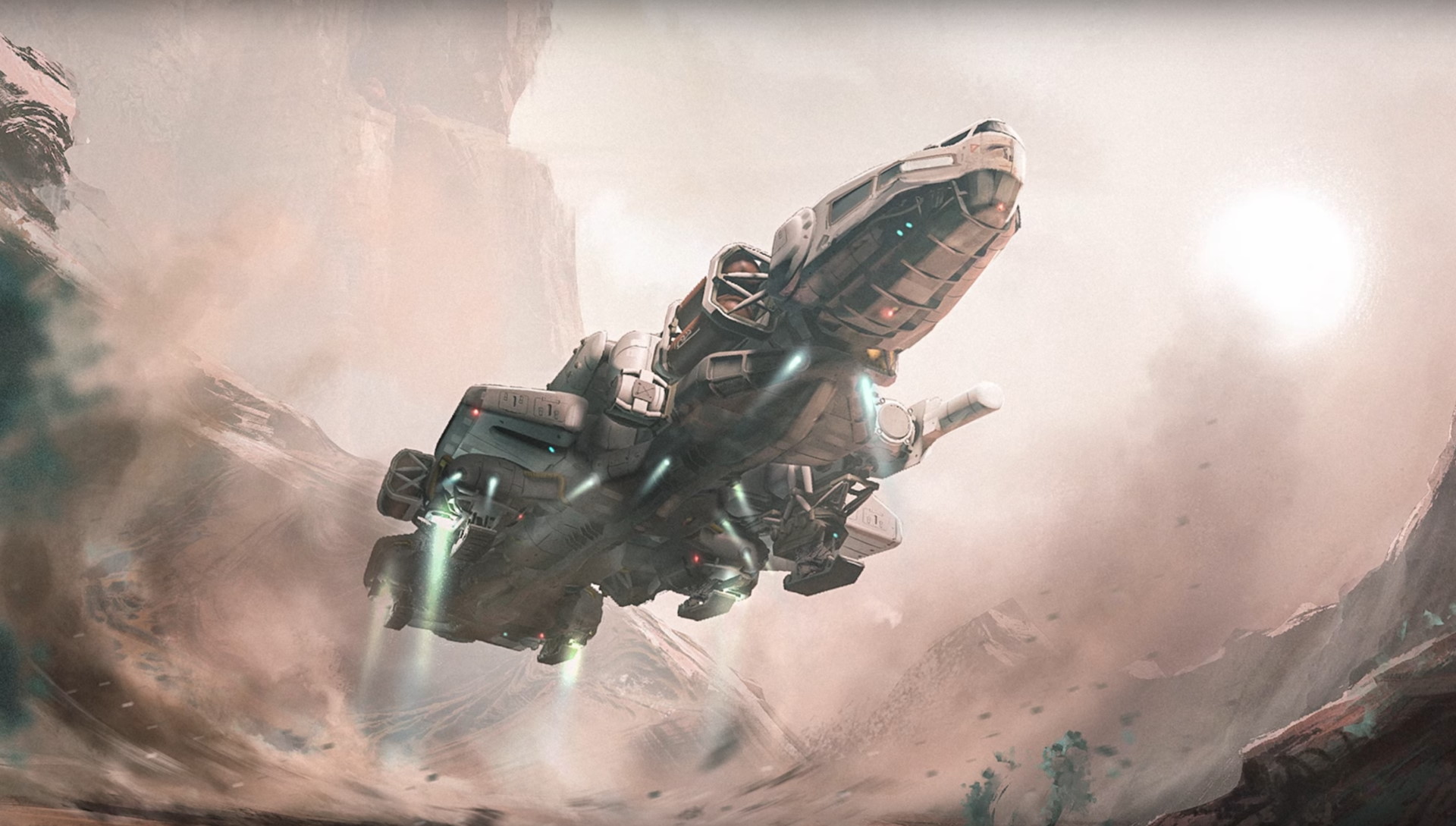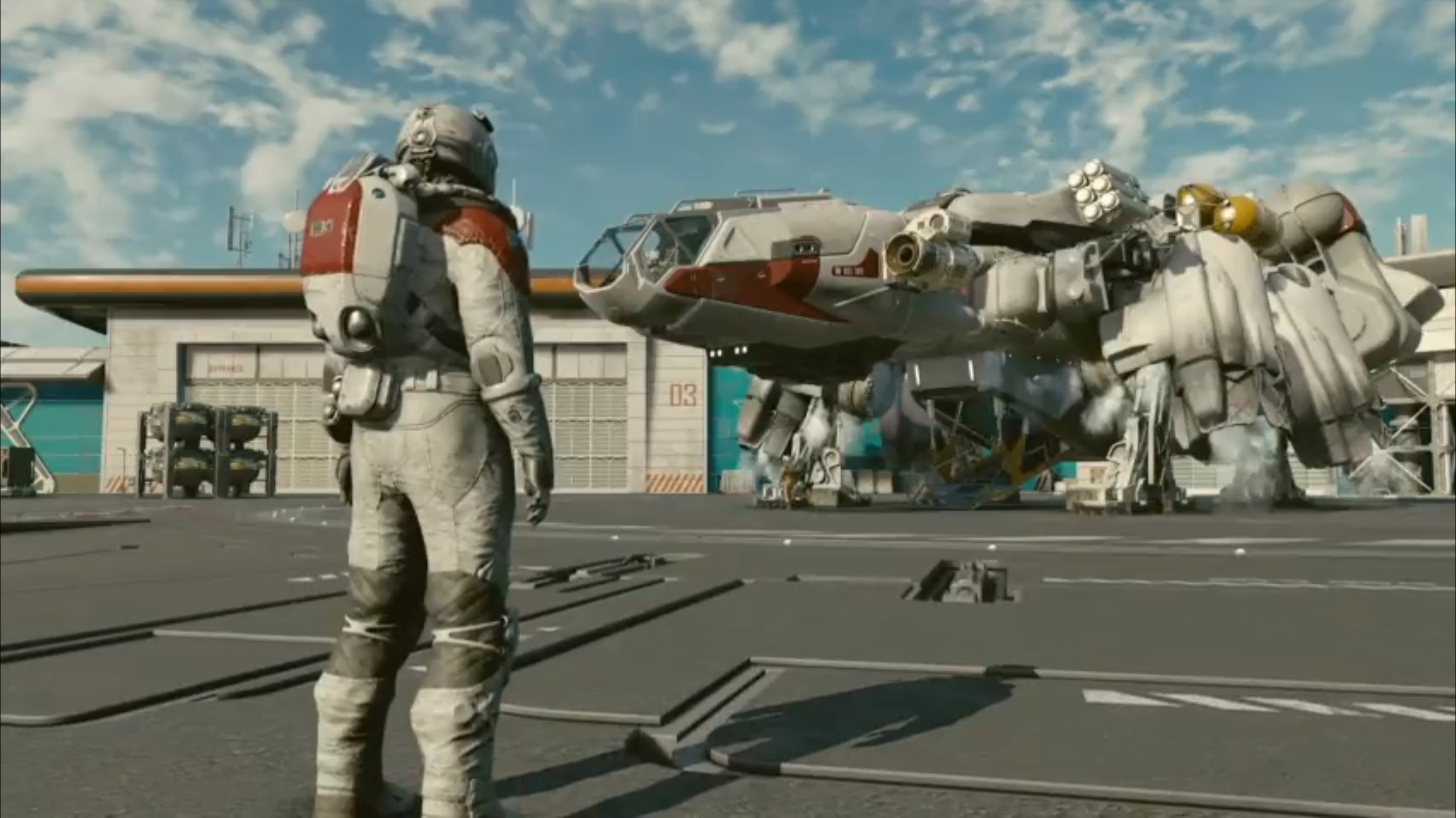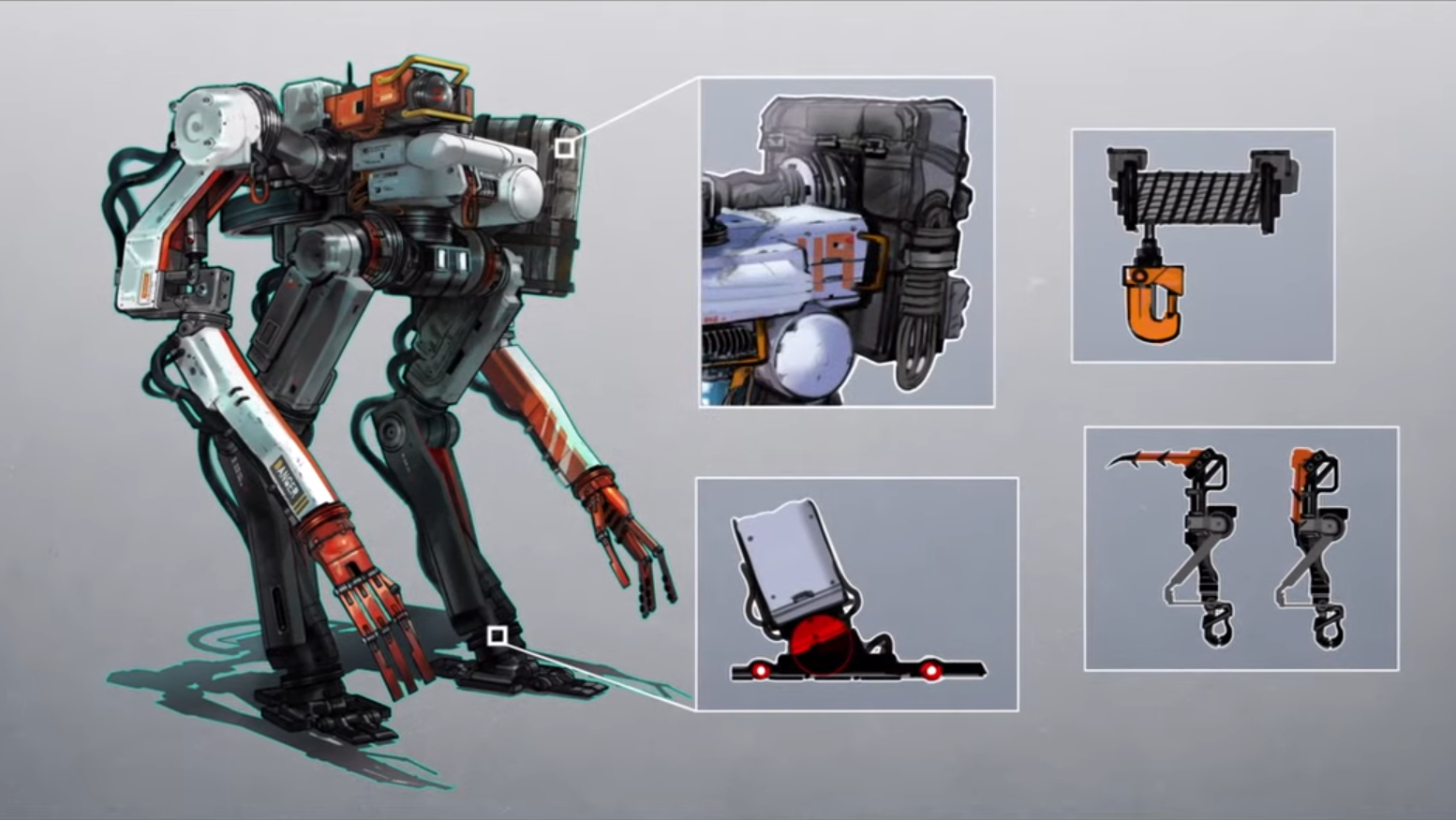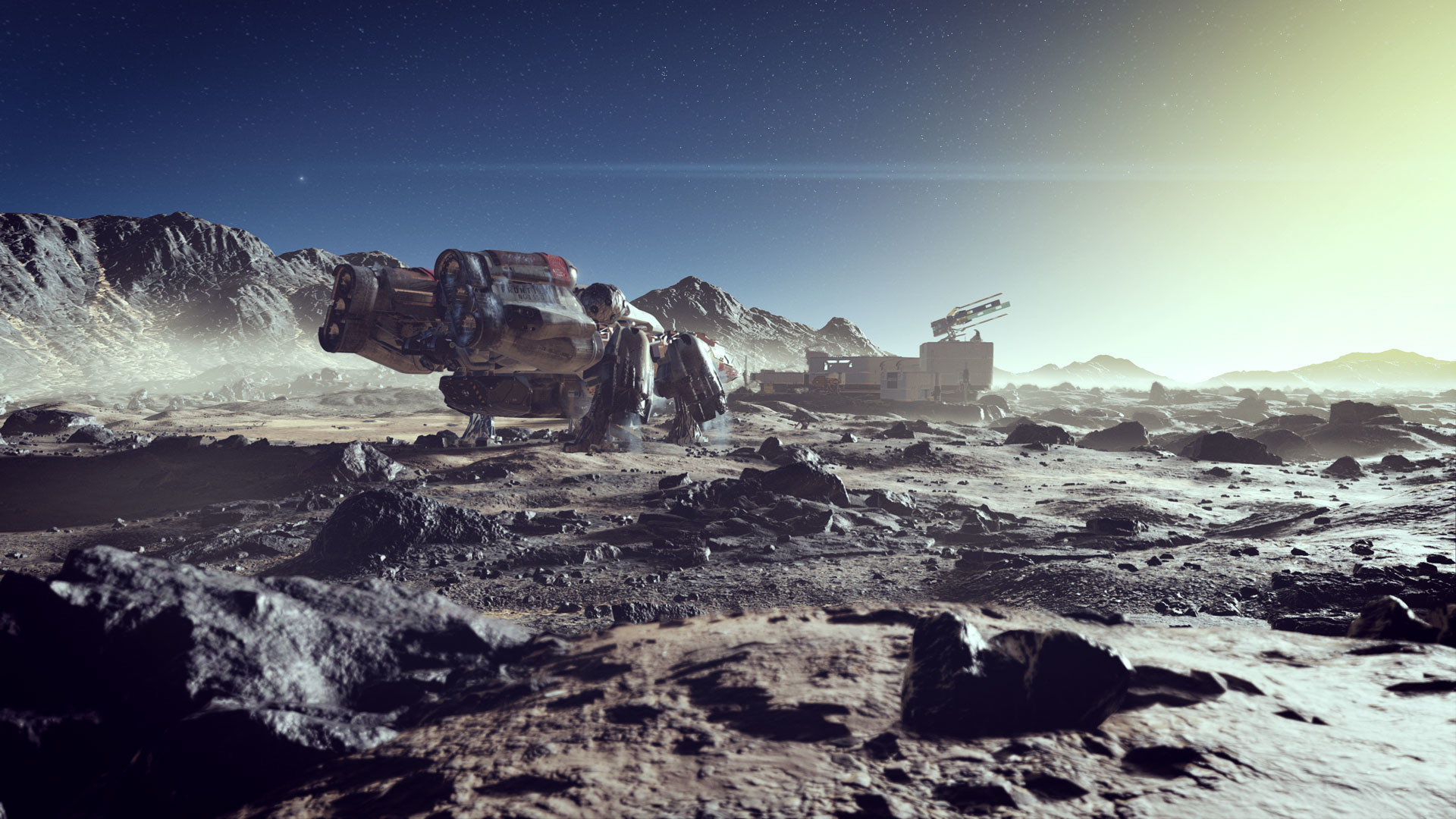Of course Starfield is delayed—what did you expect?
Bethesda just made the most predictable announcement of the year.

Earlier today, Bethesda confirmed what almost seemed inevitable: The much-vaunted Starfield, the developer's next big project and first new series in forever, will not make its launch date of November 12, 2022. Instead, both it and Redfall, the new game from Arkane Austin, have both been delayed into the first half of 2023 in order to deliver "the best, most polished versions" of both.

Starfield factions: Find a cause to quest for
Starfield cities: See the big spaces in space
Starfield companions: Collect cosmic comrades
Starfield traits: Give your hero some history
Starfield ship customization: Make your spaceship special
Bethesda and polish are two words that don't really belong in the same sentence, but studios should never be criticised for delaying a product that needs it. With Starfield, it's simply that many saw this coming a mile away, despite repeated denials to the contrary. The game is apparently an expansive and huge new IP that supposedly marks a huge technological leap, but six months away from release we hadn't seen anything. Even in late 2021 this was arousing suspicions, leading Todd Howard to say the release date was written "in ink, not pencil"—words which now seem at best disingenuous.
Following the delay, Phil Spencer made a pretty interesting statement about it. Obviously Starfield is happening in the context of Bethesda itself being acquired by Microsoft, and reading between-the-lines it may well be that Microsoft made the call here.
"These decisions are hard on teams making the games & our fans," wrote Spencer. "While I fully support giving teams time to release these great games when they are ready, we hear the feedback. Delivering quality & consistency is expected, we will continue to work to better meet those expectations."

It's an odd statement alright: Is Microsoft going to deliver more consistent delays? Jokes aside, Spencer is clearly sensitive to the charge that this late announcement is not in-keeping with his stated goals of authenticity and transparency from Microsoft Studios—as well as the fact that this leaves Xbox without its tentpole release of the year.
Another intriguing morsel came from games journalist Jason Schreier, who says he spoke to some Starfield developers before E3 last year, which is when the date was announced, and they were worried about it. The term being used was, apparently, the 'Next Cyberpunk'.
Last spring before E3, I spoke to some folks on Starfield who were extremely worried about committing to a 11-11-22 date based on the progress they’d made so far. (“Next Cyberpunk” was the term floated.) Good on Bethesda for delaying even after announcing that specific date. https://t.co/QdWFf0zGIYMay 12, 2022
Given recent history, another buggy Bethesda game launch has the potential to backfire in massive fashion.
Cyberpunk 2077 was a hotly anticipated, cross-platform, 'revolutionary' game that, of course, turned out to be… well, if we're being kind, it was decent, and very buggy. But that was all. (PCG scored Cyberpunk 2077 79% at launch.) It's also particularly relevant because Cyberpunk was intended to be the glorious beginning of a new franchise for developers CDPR, its cool futuristic alternative to the grizzled fantasy of the Witcher. Cyberpunk 2077 sold well enough to merit the inevitable sequel, but selling that one is going to be a hell of a lot harder. Launches like that have knock-on effects that CDPR will have to deal with in years to come.
Keep up to date with the most important stories and the best deals, as picked by the PC Gamer team.
And Bethesda is a company with a reputation for releasing games that are, essentially, pretty janky when they first come out. There's also been a change in atmosphere around that. It felt like with Oblivion and Skyrim, at least, the bugs were as amusing as they were annoying, and the community pitching in to 'fix' parts of the game was part of the charm (though tough luck to anyone who bought Skyrim on PS3). By Fallout 4 and in particular Fallout 76, it felt like the audience had much less patience for games that launched in a less-than-ideal state.
After all, Bethesda was once a pioneer in these kinds of sprawling open-world RPGs, but now there are many more to choose from, this year's Elden Ring being a prime example, and if they can ship in a decent state (which, some stuttering issues on PC aside, it did) then why should people accept another 'coming in hot' project from Bethesda?

Given recent history, another buggy Bethesda game launch has the potential to backfire in massive fashion. It is not the start to the Microsoft years that its owner would want. And nor is this situation, where people are annoyed not because a game was delayed, but because it was delayed after Bethesda's most senior representatives re-affirmed that 2022 date, and gave the impression the game was all but done.
Ultimately, all that will matter is whether Starfield is a good videogame, and with this delay it stands a better chance of being one. It's hard not to feel, however, that Bethesda knew this was coming years ago rather than months ago, set an impossible target anyway for symbolic value (the November 12, 2022 release date would have set Starfield's launch almost exactly 11 years apart from Skryrim's 11/11/11 launch) , and then stuck their head in the sand whenever it was questioned. It feels like mismanagement as much as anything.
I had another article I was going to write this week, now consigned to the great dustbin in the sky. It was going to be headlined 'Why is Bethesda's Starfield marketing so awful', and the pitch was basically that these Into The Starfield videos it's been producing are self-congratulatory rubbish, and suggest something's not right with the game. I'm not Nostradamus, but today's announcement seemed utterly inevitable when a project on this scale was still being promoted by talking heads and footage of old games so close to launch.
Along with the announcement of the delay, Bethesda has said it hopes to show off Starfield in a "deep dive into the gameplay" soon. Here's hoping it does, and that there's really something here beyond Todd Howard claiming the game asks existential questions (no, really). The stakes with Starfield are enormous for Bethesda, and Microsoft. Soon enough, we'll know whether what it's playing with.

Rich is a games journalist with 15 years' experience, beginning his career on Edge magazine before working for a wide range of outlets, including Ars Technica, Eurogamer, GamesRadar+, Gamespot, the Guardian, IGN, the New Statesman, Polygon, and Vice. He was the editor of Kotaku UK, the UK arm of Kotaku, for three years before joining PC Gamer. He is the author of a Brief History of Video Games, a full history of the medium, which the Midwest Book Review described as "[a] must-read for serious minded game historians and curious video game connoisseurs alike."

